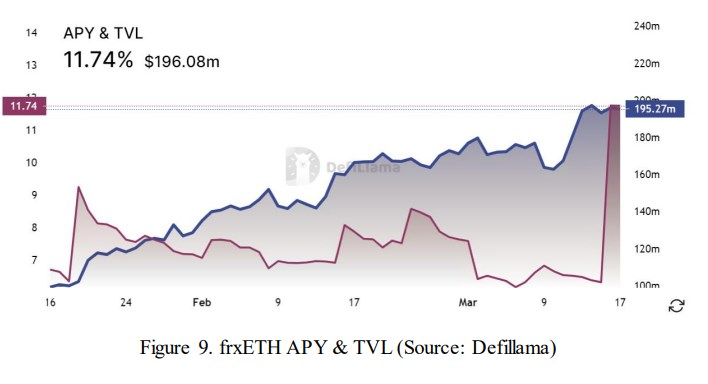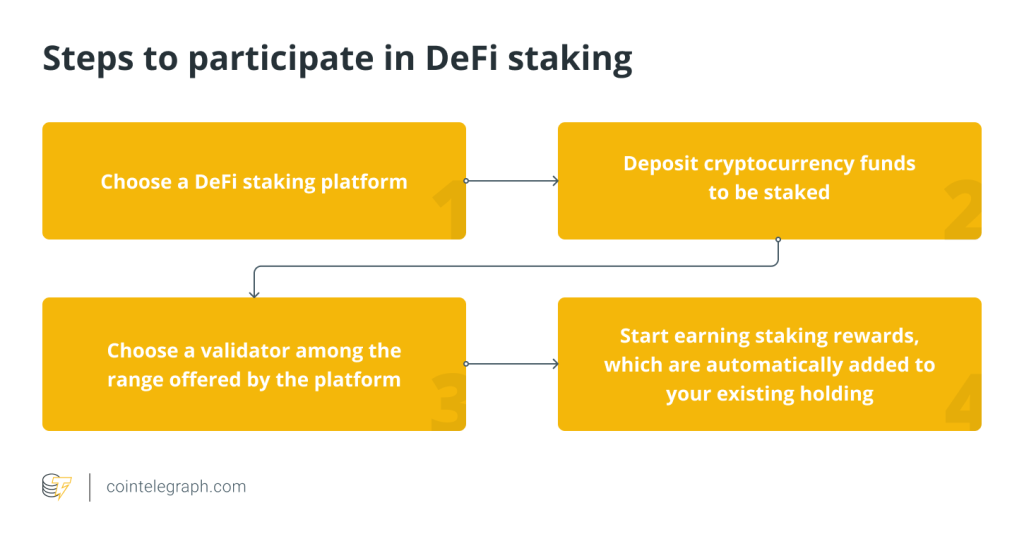Fidelity reportedly amends Ether ETF S-1 filing, removes ETH staking

Fidelity’s amended filing follows a U-turn from the SEC, as the regulator asked Ether ETF issuer to update their 19b-4 filings.

Fidelity has filed an amended S-1 application with the United States Securities and Exchange Commission (SEC) for its spot Ether exchange-traded fund (ETF).
The asset management giant has reportedly filed an updated S-1 application, stating that the ETF’s underlying Ether (ETH) tokens will not be staked. S-1 filings are the SEC’s required registration form for launching publicly traded securities products in the United States.
The amended filing follows reports that the United States SEC has U-turned on spot Ether ETFs — possibly due to political pressure — with reports stating it has asked ETF issuers to update their 19b-4 filings.
The next SEC deadline is May 23 for VanEck’s Ether ETF proposal. While senior Bloomberg ETF analyst Eric Balchunas has increased the odds of approval to 75% from 25%, this only applies to the 19b-4 form.
However, Ether ETF issuers will also need to get their S-1 filings approved, according to Bloomberg ETF analyst James Seyffart, who wrote in a May 20 X post:
“We also need S-1 approvals. It could be weeks to months before we see S-1 approvals and thus a live EtH ETF… That said, if we’re correct and we see these theoretical approvals later this week. It *should* mean that S-1 approvals are a matter of ‘When’ not ‘If’…”
Related: Grayscale CEO Michael Sonnenshein steps down
Staked Ether could be classified as a security despite ETH ETF approval
The SEC has previously sought to classify Ether as a security, and Ethereum’s upgrade to proof-of-stake (PoS) may have given the regulator another reason.
During a 2022 Senate Banking Committee hearing, SEC Chair Gary Gensler reportedly said that cryptocurrencies and intermediaries that allow holders to “stake” their crypto may define them as a security under the Howey test, according to The Wall Street Journal.
Despite the U-turn on Ether ETFs, the securities watchdog may still classify staked Ether as a security, according to Alex Thorn, the head of research at Galaxy Research. Thorn wrote:
“If the speculation about a 180 from SEC on the Ethereum ETFs is true, I would guess they try to thread a needle between “ETH” NOT being a security and “staked ETH” (or even more flimsily, “staking as a service ETH”) as BEING a security.”
Fidelity first filed the S-1 application with the SEC on March 27. The initial filing stated that Fidelity aims to stake a portion of the fund’s ETH supply.
The initial application noted that staking introduces additional risks, such as the potential loss of funds through “slashing penalties” and liquidity risks as the stake is processed.
Staking rewards would also be treated as income for the fund for tax purposes, as a result of which investors will experience a taxable event “without an associated distribution from the Trust.”






Responses